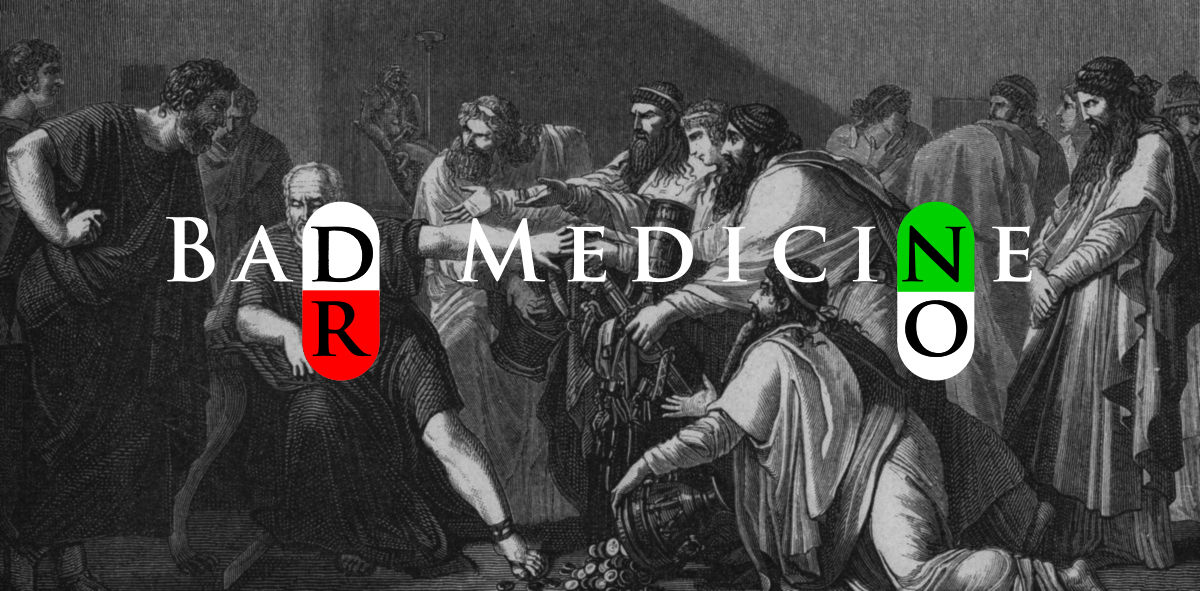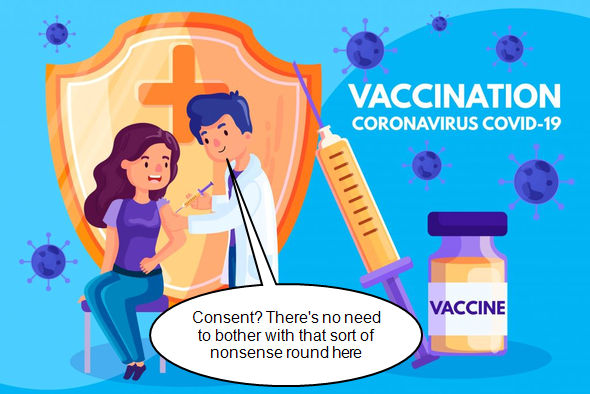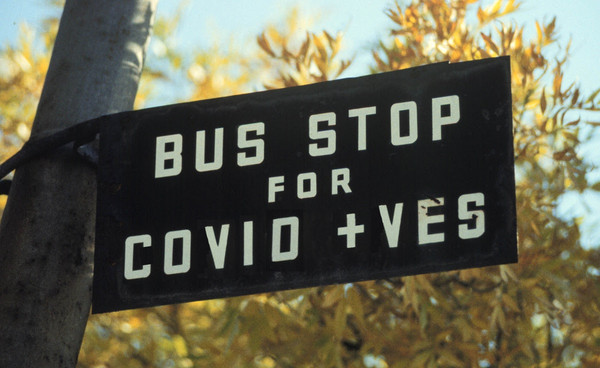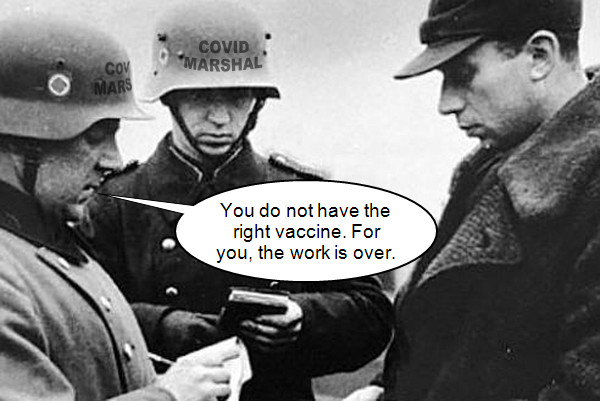
Covid — the perfect public health emergency that just keeps on giving. Each new scariant is only ever one step away from the next new scariant — an endless flow of new worries, Fergie forecasts and government responses, forever clogging up the mainstream media, like logs in a log jam. Behind the puppetry, for an authoritarian government hell bent on passing draconian laws and regulations with the minimum of scrutiny, covid is the perfect enabling epidemic, because it allows the government to get into the swing of passing law by diktat, or secondary legislation, which is almost never subject to meaningful parliamentary scrutiny. The backstops against bad secondary legislation, the arcane the negative and affirmative procedures, haven’t been used in anger since the late 1970s. In practice, the instruments of secondary legislation sail through Parliament like ships in the night, unseen, unheard, and unopposed. As of 10th December 2021, the government has laid 1,788 SIs (Statutory Instruments, the name given to this form of secondary legislation) before parliament since January 2020, of which 546, or 31%, were covid related. Truly, covid is the enabling epidemic that just keeps on giving.









